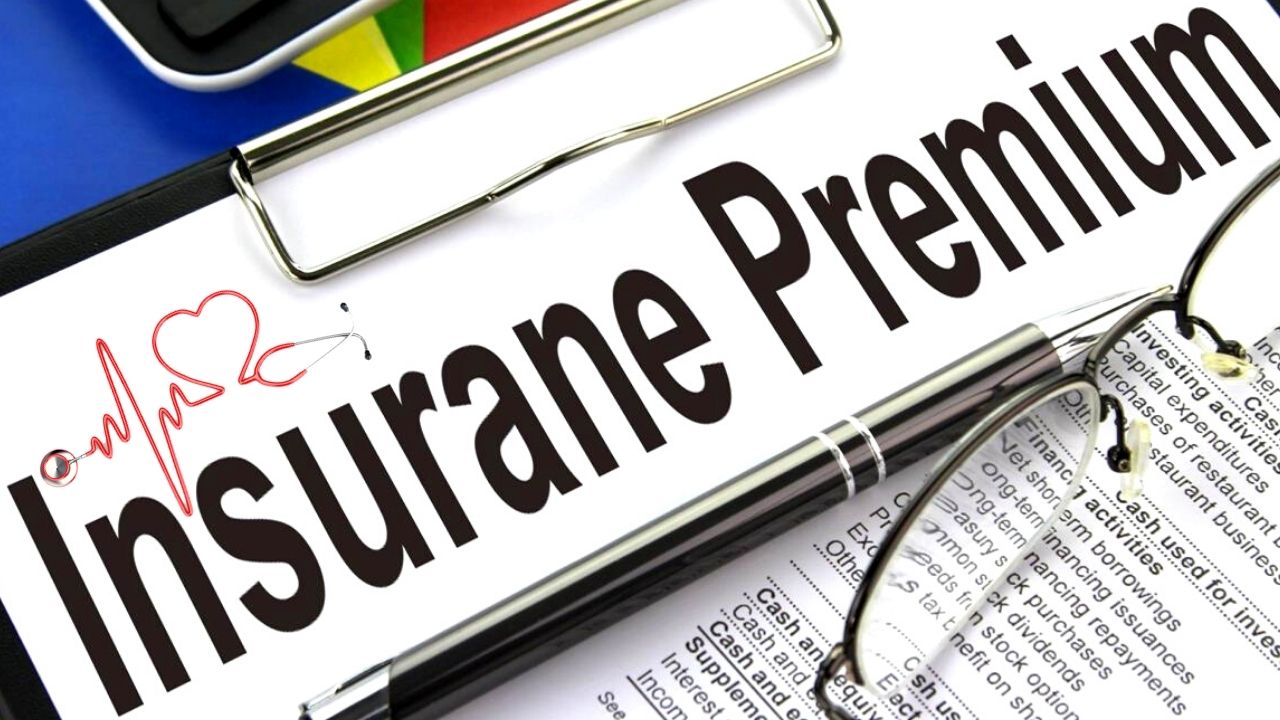What is an Insurance Premium?
.
How Insurance premium Work?
Key points
How Much is an Insurance Premium?
.
Why Do Insurance Premiums Change?
Here are some examples of insurance premium adjustments and rate increases
A Few Things to Remember
What Factors Determine the premium?
An insurance premium is usually determined by four key factors:
1. Type of coverage
Insurance companies offer several options when purchasing an insurance policy.
The more insurance coverage you get or the more comprehensive you choose, the higher your insurance premium will be.
For example, if you look at home insurance premiums, if you purchase an open perils or all-risk coverage home insurance policy, it will be more expensive than a named perils home insurance policy that is only covers the basics.
2. Amount of coverage and costs of your insurance premium
Whether you take out life insurance, health insurance, car insurance, or any other type of insurance, you will always pay more premiums (more money) for higher amounts of coverage.
This can work in two ways: the first is pretty simple, the second is a little more complicated, but it’s a great way to save on your insurance premiums.
A Few Things to Remember
By changing the dollar value of your insurance, you can change your coverage.
For example, insuring a home for $ 250,000 is different from insuring a home for $ 500,000.
It’s very simple: the more dollar value you want to insure, the more expensive the premium will be.
You can pay less money for the same amount of coverage if you buy a policy with a higher deductible. For example, on home insurance, you can save up to 25% by increasing your deductible from $ 500 to $ 1,000
In case health insurance or supplemental health policies, you can not only take higher deductibles, but also look for policies with different options, e.g. higher co-pays or longer waiting periods.
3. Personal details of the applicant for the insurance policy
Each insurer uses different rating criteria.
Insurers use insurance scores, which can depend on many personal factors, from credit rating to car accident frequency, personal claims history, and even occupation. These factors often transform into discounts on the premium of an insurance policy.
Insurance companies have target clients. To attract clients, they create programs and discounts.
For instance, some insurance companies may target senior citizens or retirees, while others set their premiums for families or millennials.
4. Competition in the insurance sector and in the target area
If an insurance company wants to aggressively target a particular market segment, it may lower rates to attract new business.
This is an interesting aspect of insurance premiums, since it can drastically change rates temporarily or on a more permanent basis if the insurance company is having success in the market.
Who decides on the insurance premium?
Every insurance company has people who work in various areas of risk assessment.
Actuaries, for example, work for an insurance company to determine:
The likelihood of a risk and perils
The costs associated with the event of a disaster or claim, and then actuaries must create projections and guidelines based on this information.
The underwriting process can take shape based on the information provided by actuaries.
To underwrite the risk, underwriters receive guidelines, and one of the parts of their task is to determine the premium.
The insurance company decides how much it will charge for the insurance contract it sells to you.
What does the insurance company do with the insurance premiums?
Insurance companies should collect several premiums and keep enough liquid assets to be able to pay out a few claims.
The insurance company will take your premium and set it aside, it will increase every year you have no claim.
Insurers that collect more than what they pay out in claim costs, operating costs, and other expenses, will be profitable.
This is how you get the lowest insurance premium.
Finding the lowest insurance premium is to find the insurance company that is most interested in insuring you.
In case insurance company prices spike suddenly, ask your agent whether there are any ways to lower the premiums.
When an insurance company refuses to change the premium it is charging you , shop around for a lower rate.
Shopping can also help you better understand the average cost of insurance for your risk.
If you ask your insurance agent or an insurance professional why your premium is increasing or whether there are ways to reduce or decrease the cost of insurance premiums, you can also determine whether and how you can get a better price.
Key Points
1.The insurance premium is the amount paid to the insurance company for the insurance policy you have taken out.
2. Based on your history of insurance and where you live, your premium is gets calculated.
3.Insurance premiums vary depending on the type of coverage you are looking for.
4.To get a good price on your insurance premium, you need to find an insurance company willing to cover you.
